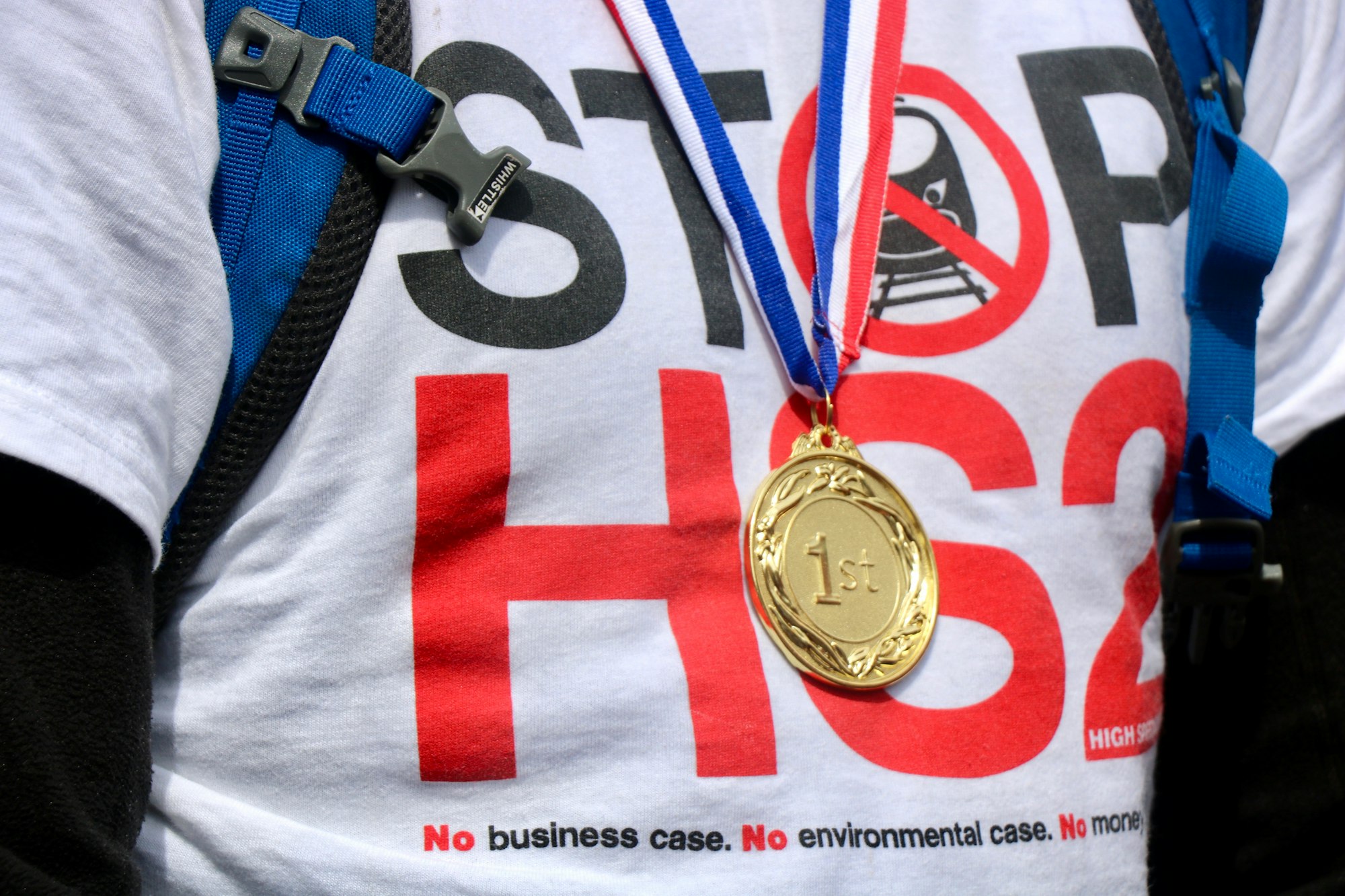Which one?
Choosing wisely, making a good judgment when faced with endless choices, really depends on two critical factors.
“If you don’t know where you’re going, any road will take you there” – Lewis Carroll
There has never been a time in history where we have as much choice as we do today.
The future is increasingly a place of unimaginable possibility; we have at our feet a sea of options.
The new problem then is no longer about constraint and scarcity, but rather 'how do we choose the right option?'
Choosing wisely, making a good judgment when faced with endless choices, really depends on two critical factors.
- What you should choose is relative to who you are right now.
- What you should choose is relative to what you want to become in the future.
Step #1 cuts choice down
Knowing who you are, immediately eliminates all of the options that are just not relevant to you. It cuts off all of the time that you will no doubt waste in trying to force-fit something that's not right for you, into your way of being.
Step #2 presents the choice worth considering further
Knowing exactly what it is you want to become in the future is the lens that you then use to examine the choices that are still left on the table after Step #1.
If you're a super nerd (like us) you can plot these choices in a little framework like a cross-impact analysis, or you can design your own decision-making spreadsheet, with weightings, that details aspects of your own future that you want to achieve and assesses numerically how each of the choices available might help you achieve that ideal (which we've also done many times with huge success).
Sometimes people say that they make good decisions based on gut feel, but getting this kind of deep emotional signal only happens when, in your mind, you have accurately weighed up the two explicit steps outlined here.
Going with your gut is great when you know yourself really well, often it's also really helpful to decode and sense check what your gut might be telling you. Put it down on paper - show the logic in your process.
Decision-making becomes far easier and more accurate when we have crystal clear clarity on who we are as individuals and organisations; and, where we want to get to in the future.
It's well worth dedicating a lot of time to defining these before considering all the options that are available.
Previously:



